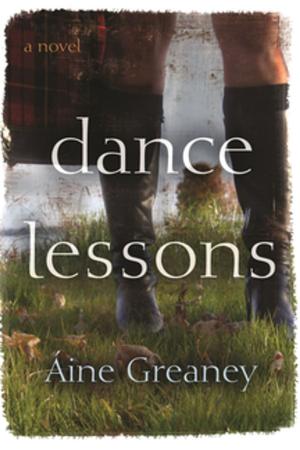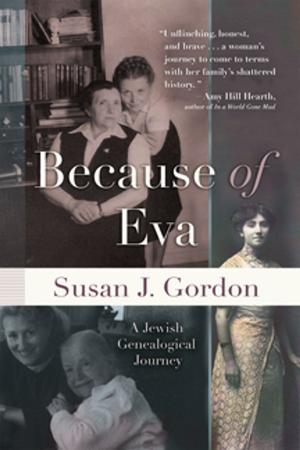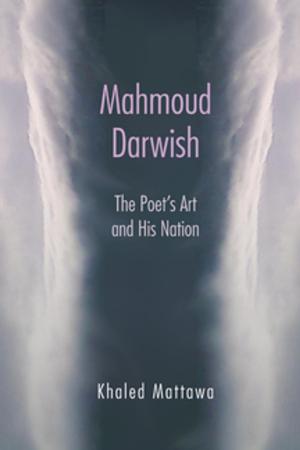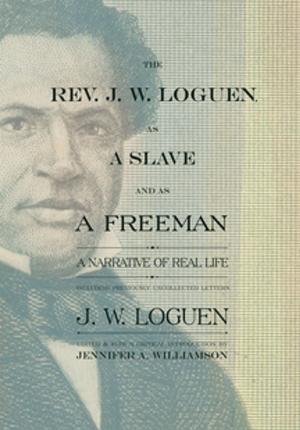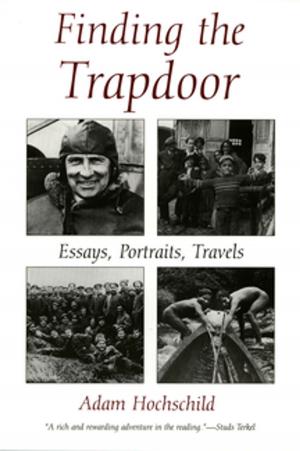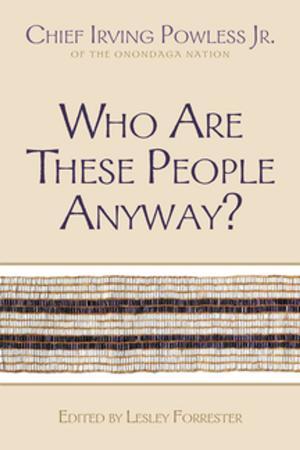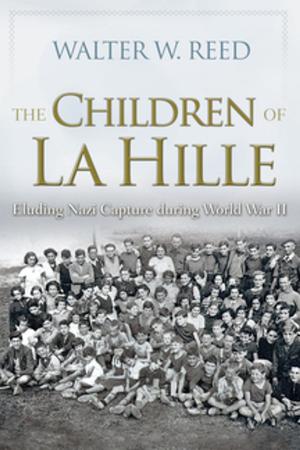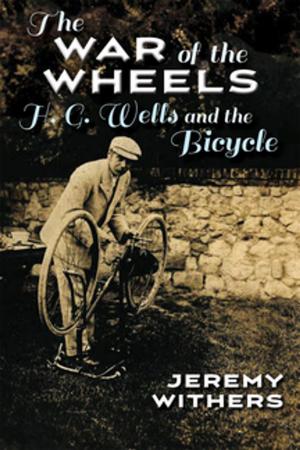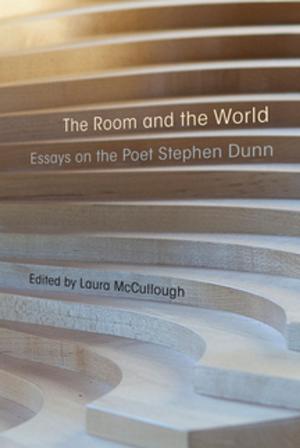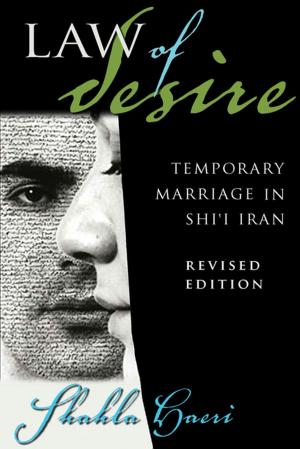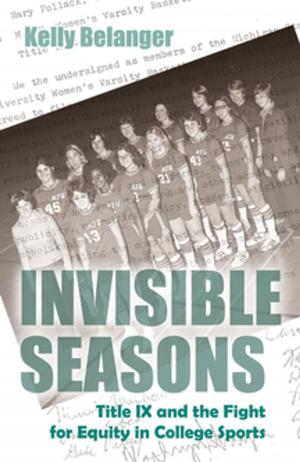Political Acts
Women in Northern Irish Theatre, 1921-2012
Nonfiction, Entertainment, Theatre, Performing Arts, Social & Cultural Studies, Social Science, Gender Studies, Women&| Author: | Fiona Coleman Coffey | ISBN: | 9780815653882 |
| Publisher: | Syracuse University Press | Publication: | December 9, 2016 |
| Imprint: | Syracuse University Press | Language: | English |
| Author: | Fiona Coleman Coffey |
| ISBN: | 9780815653882 |
| Publisher: | Syracuse University Press |
| Publication: | December 9, 2016 |
| Imprint: | Syracuse University Press |
| Language: | English |
Since the establishment of the Northern Irish state in 1921, theatre has often captured and reflected the political, social, and cultural changes that the North has experienced. From the mid–twentieth century, theatre has played a particularly important role in documenting women’s experiences and in showing how women’s social and political status has changed with the transformation of the state. Throughout the North’s history, women’s dramatic writing and performance have often contradicted mainstream narratives of the sectarian conflict, creating a rich and daring trove of counternarratives that contest the stories promoted by the government and media.
Moving beyond the better-known women theatre practitioners of the North such as Marie Jones, Christina Reid, Anne Devlin, and the Charabanc Theatre Company, Coffey recovers the lost history of lesser-known, early playwrights and highlights a new generation of women writing during peacetime. She examines how Northern women have historically used the theatrical stage as a
form of political activism when more traditional avenues were closed off to them. Tracing the development of women’s involvement in Northern theatre, Coffey ultimately illuminates how issues such as feminism, gender roles, violence, politics, and sectarianism have shifted over the past century as the North moves from conflict into a developing and fragile peace.
Since the establishment of the Northern Irish state in 1921, theatre has often captured and reflected the political, social, and cultural changes that the North has experienced. From the mid–twentieth century, theatre has played a particularly important role in documenting women’s experiences and in showing how women’s social and political status has changed with the transformation of the state. Throughout the North’s history, women’s dramatic writing and performance have often contradicted mainstream narratives of the sectarian conflict, creating a rich and daring trove of counternarratives that contest the stories promoted by the government and media.
Moving beyond the better-known women theatre practitioners of the North such as Marie Jones, Christina Reid, Anne Devlin, and the Charabanc Theatre Company, Coffey recovers the lost history of lesser-known, early playwrights and highlights a new generation of women writing during peacetime. She examines how Northern women have historically used the theatrical stage as a
form of political activism when more traditional avenues were closed off to them. Tracing the development of women’s involvement in Northern theatre, Coffey ultimately illuminates how issues such as feminism, gender roles, violence, politics, and sectarianism have shifted over the past century as the North moves from conflict into a developing and fragile peace.

